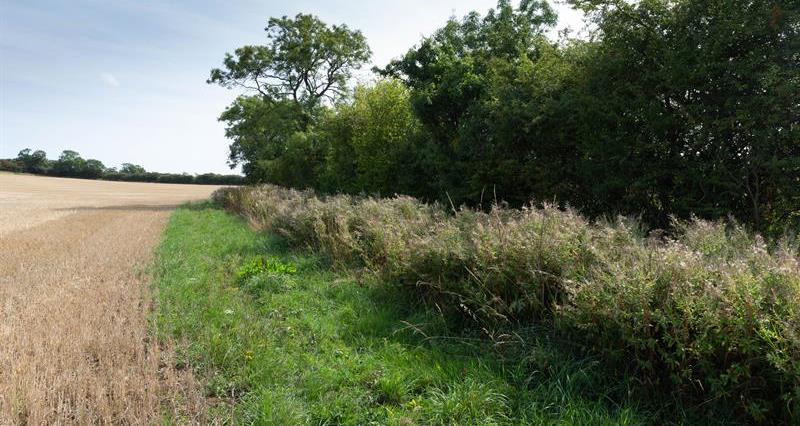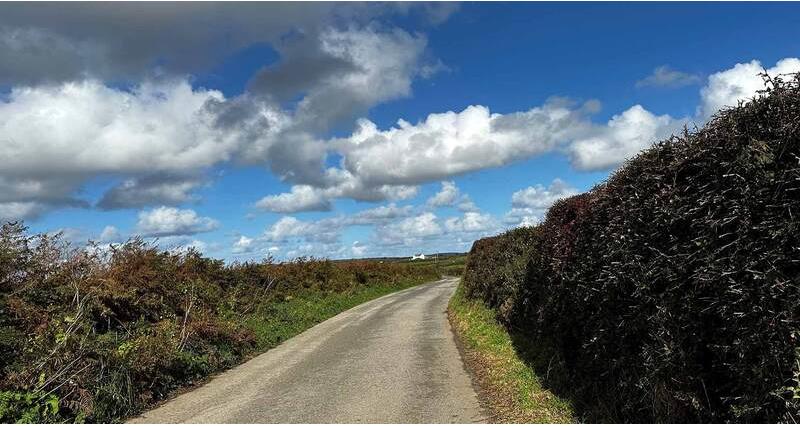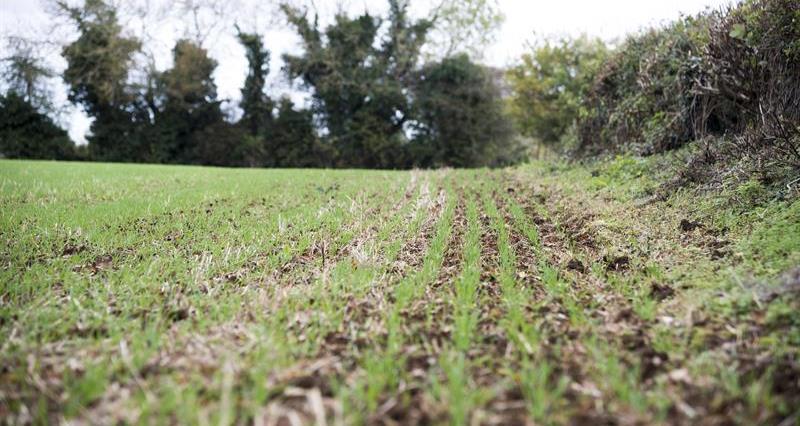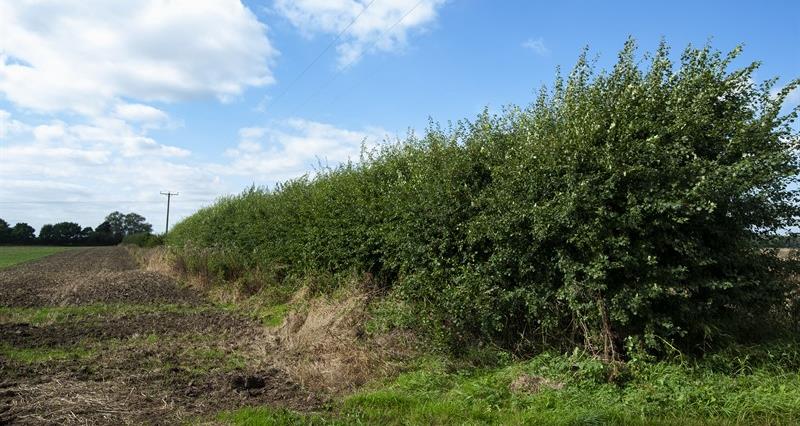The legislation follows Defra’s consultation last year during which the NFU submitted a response.
Defra is opting for a continuation of two metre buffer strips and a no-cutting period, a reduction in red tape, and a cooperative approach to enforcement and sanctions.
Defra has reported that more than 95% of respondents supported plans to maintain a no-cutting period and hedgerow buffer strips.
The regulations, will include a two metre buffer strip from the centre of hedgerows, with no cultivation or application of pesticides or fertilisers in most cases, and a no-cutting period between 1 March and 31 August to protect nesting birds.
Further measures
Defra is proposing that the RPA will continue its role as regulator with a default position of providing advice and guidance in the first instance, to help farmers comply with the regulations.
The government has put forward plans to introduce new civil and criminal sanctions to enable the RPA to take appropriate and proportionate actions against anyone causing serious or repeated damage.
A new ‘streamlined notification process’ has also been proposed for farmers needing an exemption to cut hedges in August if they are sowing oilseed rape or temporary grass which promises to replace the previous two-week waiting period.
“Balancing the needs to continue protecting hedgerows while producing food on farms is vital for our food security.”
NFU Vice President Rachel Hallos
This was a key NFU ask for if the exemption was to continue to be handled in this way.
Farmers will be required to notify the RPA in writing of their intention to sow in specific fields before planting, and document all works carried out.
Simple, fair and proportionate
NFU Vice President Rachel Hallos said it was “encouraging” to see that Defra had listened to farmers.
“Hedgerows are a hugely important part of our agricultural heritage and history. Farmers and growers manage more than 402,000km of them across England and Wales in various forms and shapes, supporting biodiversity. Balancing the need to continue protecting hedgerows while producing food on farms is vital for our food security,” she added.
Currently, over 90,000km of hedgerows are being managed through 16,000 agreements in the government’s Countryside Stewardship and Sustainable Farming Incentive schemes, and more than 13,000km of hedgerows created or restored using Countryside Stewardship grants.
Farming Minister Mark Spencer said: “I am delighted that thousands of farmers are taking up the support and guidance on offer in our Countryside Stewardship and Sustainable Farming Incentive schemes.”
Key dates
If these regulations are agreed by parliament without delay, then it is important for farmers to be aware of the impact this will have.
Some regulations will come into force immediately, which means that from 1 July, these will be a legal requirement on farms. This will include a no-cutting period, which will continue from 1 July 2024 until 31 August 2024.
The rules regarding buffer strips will also be coming into effect immediately in certain cases. To find out more about how and when the rules are due to come into force, visit our essential information page: Hedgerow management rules: interim guidance.
These regulations will sit alongside the existing Hedgerows Regulations 1997 which prohibit the removal of countryside hedgerows, or parts of them, without first seeking approval from the Local Planning Authority.
The Wildlife and Countryside Act 1981 meanwhile prohibits the killing, injuring or taking of wild birds, or taking or damaging their eggs and nests.
The government will launch a short consultation to help inform the statutory guidance used to enforce the regulations.
Rachel Hallos said the NFU will continue to work with Defra and the Rural Payments Agency as legislation is created and farmer and regulator guidance is developed.
“Essential to this is ensuring that farmers and growers are supported with a simpler, fairer and more proportionate way to enforce this new legislation which works for all,” she added.
More from NFUonline:

The future of hedgerow protections – government publishes response


